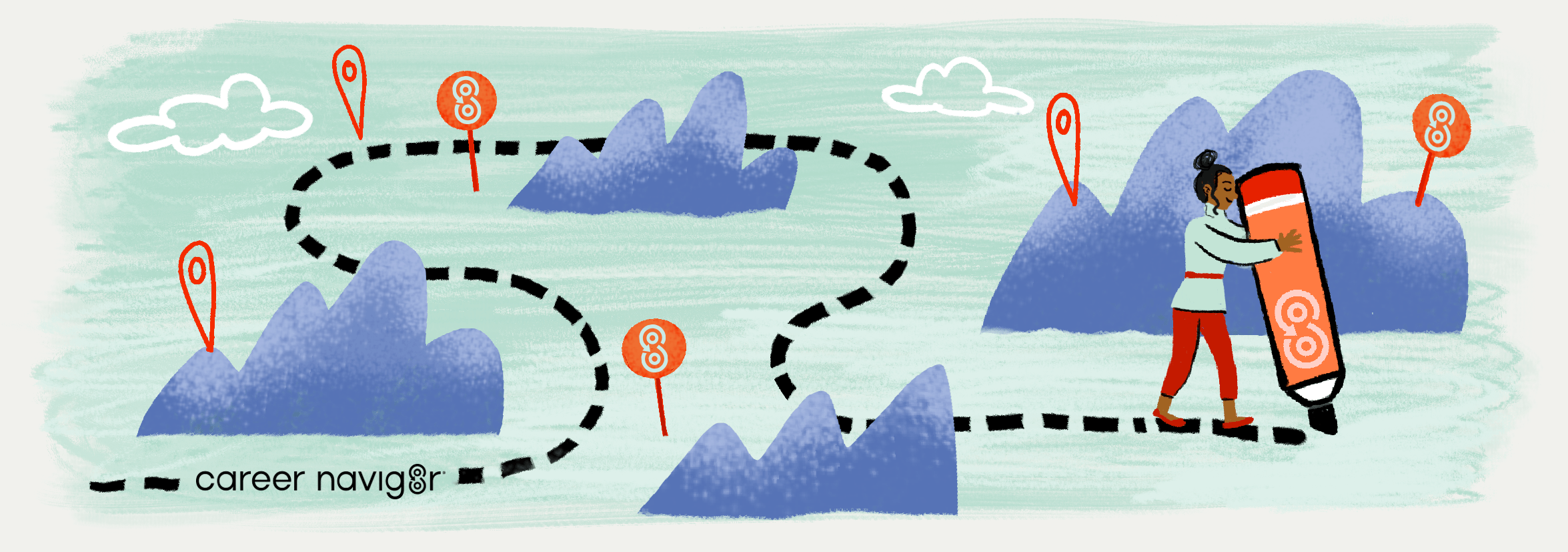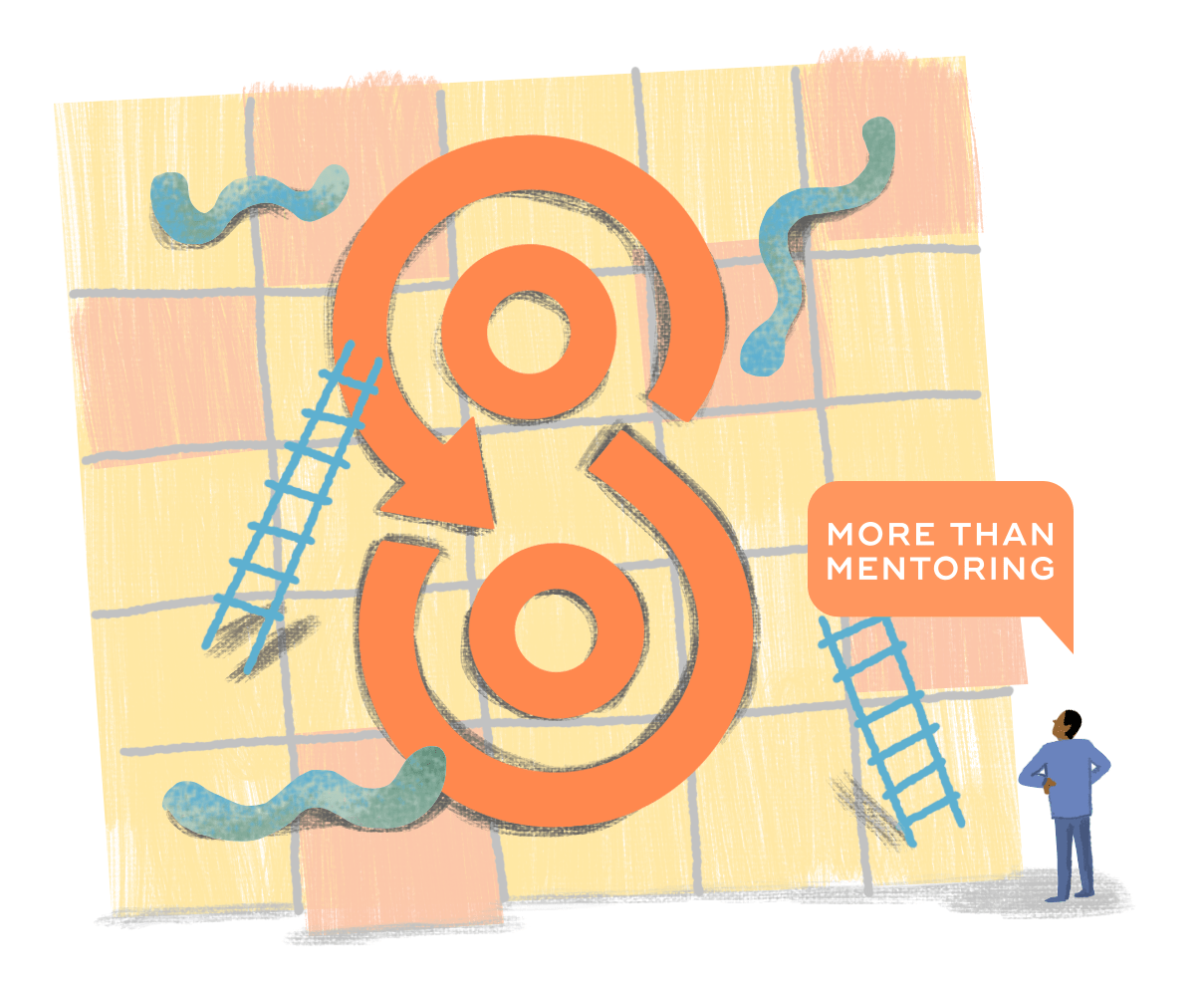How Mentoring Can Help You Achieve Your Goals

Before embarking on your career it’s important to understand the role of mentorship. No matter how you approach your career, mentoring will play a part in one way or another. Whether that’s through planned training from your new workplace, help from colleagues and more senior staff members, or even just advice from friends and family who’ve occupied similar roles.
All those types of mentoring can have an excellent effect on your career and your skills but they also come with a downside – they’re slow. After all, as much as skilled people working together will naturally lift one another up, it’s not their main focus.
But what if there was someone whose single aim was to help you improve your skills and meet your professional goals? A personal Mentor who’s already worked in your dream job role and who’ll dedicate themselves to helping you learn and grow.
Learning new skills and gaining knowledge
Let’s start with the obvious – your Mentor can teach you a lot. There’s no substitute for experience but the next best thing is an experienced teacher.
Not only can a Mentor teach you all the lessons they wish they’d learned early on but they can also guide you around any potential problems/pitfalls. Working with them, you’ll be able to get a huge start on understanding your job role from an experienced perspective, ultimately giving you the skills and confidence to be the best possible version of you.
Receiving feedback and guidance
Do you ever struggle with imposter syndrome? Do you ever wonder if you’re doing things the right way? Do you wish there was someone you could ask for advice and who you could trust to give you an honest answer?
Feedback is one of the most powerful things a Mentor can provide for you. With their experience, a Mentor can look at your work and help you find places that need improvement. They’ll offer a new and valuable perspective, backed up by years of acquiring knowledge.
Even better, they won’t just help you with the problems you do know about, but with the problems you’re not even aware of.
Blind spots can be one of the biggest barriers to growth. A Mentor can not only help to identify and combat blind spots, but they can also give you an amazing feeling of confidence, stopping that imposter syndrome before it even starts.
Developing a plan for achieving career goals

Sometimes a career path can feel like a game of snakes and ladders – always navigating the board to try and find the best possible route. While no career path is straightforward, some are clearer than others and if you’re looking to get where you’re going without too many detours or distractions then the best thing you can do is develop a plan.
A Mentor can help you break down your future into a series of achievable goals with realistic targets in mind. Furthermore, should there be any unexpected changes in circumstance, they can help you to rework that plan and tailor it to your needs as you go.
While you won’t have to stick perfectly to your goals, having them in place nonetheless is an excellent strategy to keep you on track.
Building a professional network
With all that in mind, there’s more to the role of mentorship than just teaching. Over the course of any career, you naturally build up a list of connections within your industry. These connections are useful for all kinds of reasons from helping you to progress along your career path to sharing valuable information and advice.
A Mentor can help you to get ahead on this by introducing you to their existing circle of colleagues and contacts. Ultimately those contacts may only be the start of a wider network you’ll grow over the course of your career, but having that introduction will go a long way.
Accessing new opportunities and resources
Another, often overlooked aspect of the role of mentorship, is a Mentor’s ability to help you find and discover new and useful resources as well as directing you towards the best opportunities.
After all, your Mentor will have a keen eye for which opportunities will help you on your career development and which won’t. Is that unpaid internship actually a good way to gain experience or are they just trying to take advantage of you?
Your Mentor will know and, better yet, they’ll be able to tell you how best to capitalise on the opportunities you do take.
If you’re looking to boost your career, find your dream job role, and develop amazing skills along the way, then sign up to Career Navig8r today and find your Mentor.
While you’re at it, you might even consider becoming a Mentor yourself. If you’ve got experience in a job role, then you’ve got what it takes to Mentor someone else. You can learn and teach at the same time, developing new skills, sharing your existing ones, and helping your Mentees to find the right role for them.


